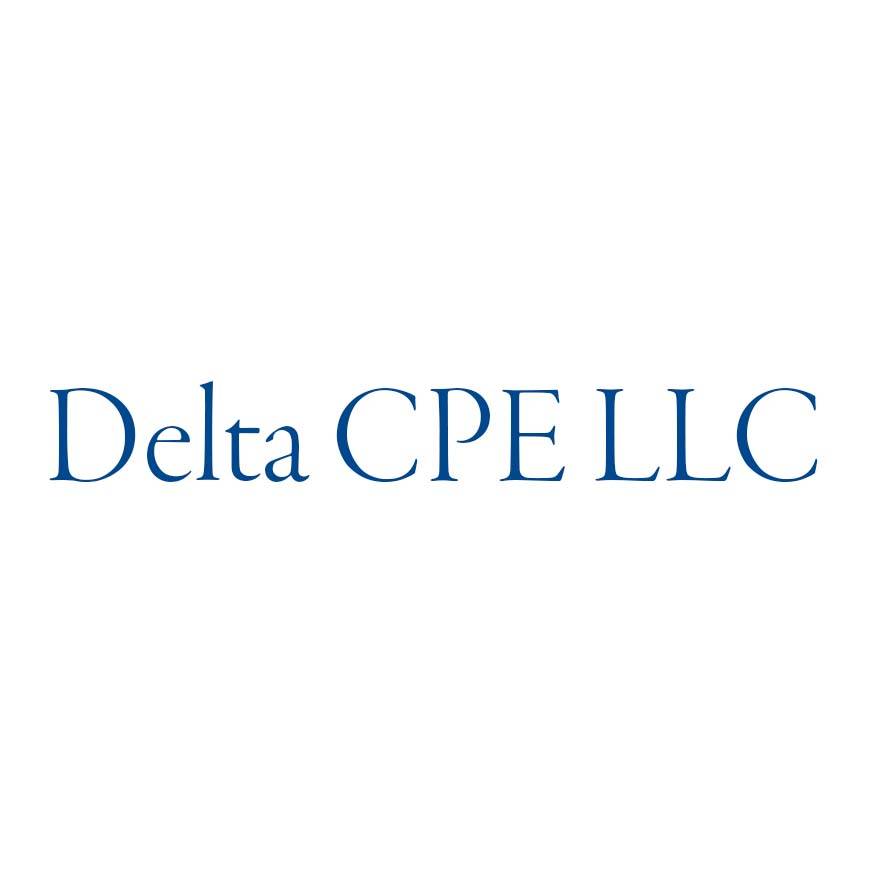Self-Study
Budgeting for Profit Planning and Control
Budgeting and forecasting techniques for improved financial management.

$308.00 – $348.00
Webcasts are available for viewing Monday – Saturday, 8am – 8pm ET.
Without FlexCast, you must start with enough time to finish. (1 Hr/Credit)
Please fill out the form below and we will reach out as soon as possible.
CPE Credits
11 Credits: Finance
Course Level
Overview
Format
Self-Study
Course Description
Budgeting in business is often perceived as a tedious and complex process, fraught with inaccuracies and misunderstandings about its purpose and implementation. Budgeting for Profit Planning and Control directly tackles these challenges, offering a clear, structured approach to budgeting, financial planning, and forecasting. This profit planning and forecasting course examines the issue by addressing common misconceptions and difficulties in effectively preparing and analyzing budgets. The solution unfolds through comprehensive instruction on the creation and presentation of various budget types, linking strategic planning with budgeting, and employing new developments like rolling budgets. Participants in this budget and profit planning course will learn how to integrate budgeting with forecasting analytics and business intelligence, enabling them to master the financial aspects of their roles and anticipate problems before they arise.
Learning Objectives
After studying this course, you will be able to:
Chapter 1
- Recognize the different types of budgets;
- Identify characteristics and advantages of budgeting;
Chapter 2
- Recognize how strategic planning and budgeting are linked together;
- Identify certain budget measurements;
- Distinguish between short-term and long-term plans;
- Identify objectives of profit planning;
- Recognize metrics in the profit plan;
Chapter 3
- Recognize the major types of budget reports;
- Identify the components of the budget sheet;
Chapter 4
- Identify examples of variable costs, fixed costs, and mixed costs;
- Recognize two methods of developing a flexible budget formula: the high-low method and regression analysis;
- Calculate fixed costs and overheard costs;
Chapter 5
- Distinguish among three types of responsibility centers;
- Identify weaknesses of many cost systems;
Chapter 6
- Identify examples of financial budgets;
- Recognize components of overhead;
Chapter 7
- Recognize the purpose and causes of variance analysis;
- Recognize where certain variances arise;
- Identify the value of performance reports;
Chapter 8
- Identify the importance of a reasonable sales budget;
- Differentiate between sales planning and sale forecast;
- Recognize the procedures for developing advertising budgets and some characteristics of the advertising budget;
- Identify some methods of calculating advertising budgets;
Chapter 9
- Recognize fixed vs. semi-variable vs variable costs;
- Understand the applicability of static budgets;
- Recognize how the flexible budget formula helps develop the factory overhead budget;
Chapter 10
- Recognize items included in the budget process for general and administrative (G&A) expenses;
- Identify the factors that need to be considered in R&D planning;
- Identify factors in considering capital expenditures;
- Recognize components of the capital expenditures budget;
Chapter 11
- Recognize the importance, attributes and components in a cash budgeting system;
- Identify advantages of using “what-if” scenarios when budgeting;
Chapter 12
- Recognize the steps involved in zero-base budgeting and how often it should be conducted;
- Recognize what is involved in a decision package;
Chapter 13
- Recognize the special features associated with planning and budgeting for service businesses; and
- Identify the unique features and characteristics of governmental and nonprofit organizations (NPOs).
Course Specifics
322318252
August 30, 2023
Basic Accounting
None
273
Compliance Information
CMA Notice: Western CPE makes every attempt to maintain our CMA CPE library, to ensure a course meets your continuing education requirements please visit Insitute of Management Accountants (IMA)
CFP Notice: Not all courses that qualify for CFP® credit are registered by Western CPE. If a course does not have a CFP registration number in the compliance section, the continuing education will need to be individually reported with the CFP Board. For more information on the reporting process, required documentation, processing fee, etc., contact the CFP Board. CFP Professionals must take each course in it’s entirety, the CFP Board DOES NOT accept partial credits for courses.
Meet The Experts

For many years, Delta CPE LLC has offered a wide variety of continuing education courses for financial professionals. Topics covered by Delta’s courses include accounting, financial management, budgeting, investments, financial statement reporting, business management, IFRS, ethics, valuations, real estate, and business writing. The diversity and breadth of Delta’s course offerings make the company a prolific and unique contributor to the CPE world. Delta’s well-credentialed authors and contributors have also been published in numerous academic and professional journals and quoted by some of the leading financial media outlets.
Related Courses
-
 Finance
Finance
The CFO Guidebook
Steven M. Bragg, CPA QAS Self-Study
Credits: 22 $440.00
QAS Self-Study
Credits: 22 $440.00$440.00 – $480.00
-
 Finance
Finance
Personal Financial Planning for Accountants
Delta CPE LLC QAS Self-Study
Credits: 17 $391.00
QAS Self-Study
Credits: 17 $391.00$391.00 – $431.00
-
 Finance
Finance
Real Estate Financing and Investment
Delta CPE LLC QAS Self-Study
Credits: 4 $116.00
QAS Self-Study
Credits: 4 $116.00$116.00 – $136.00
